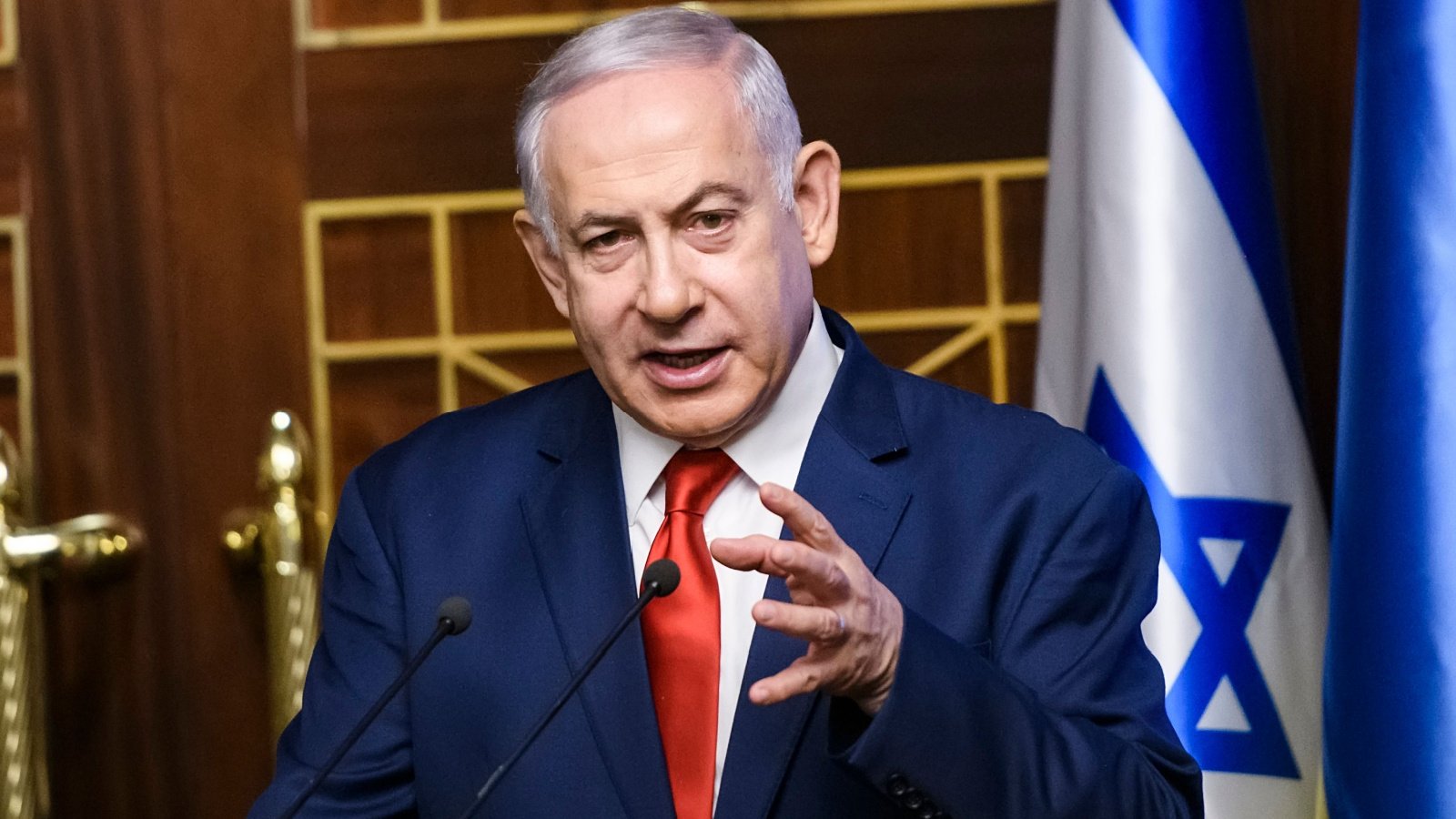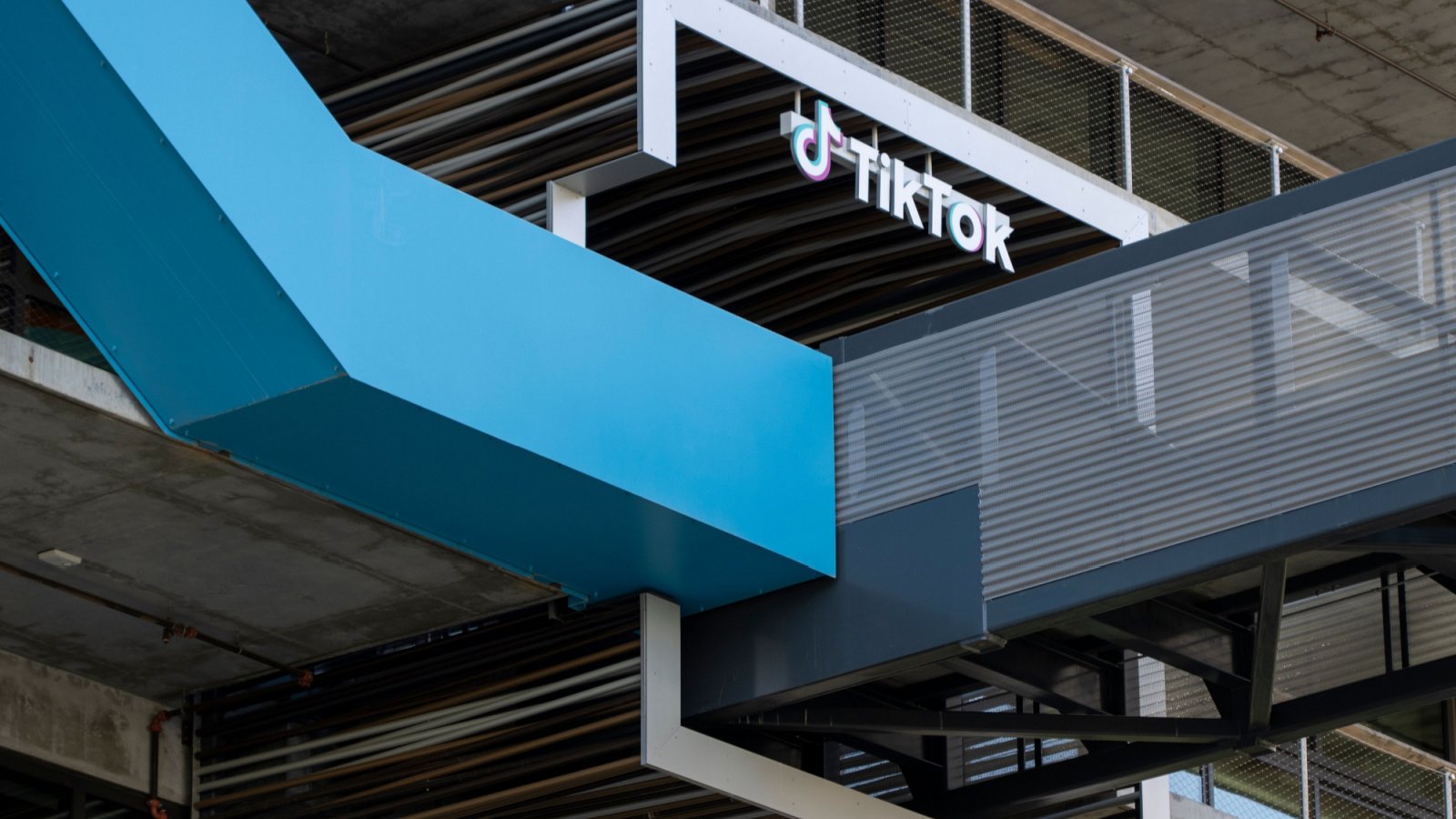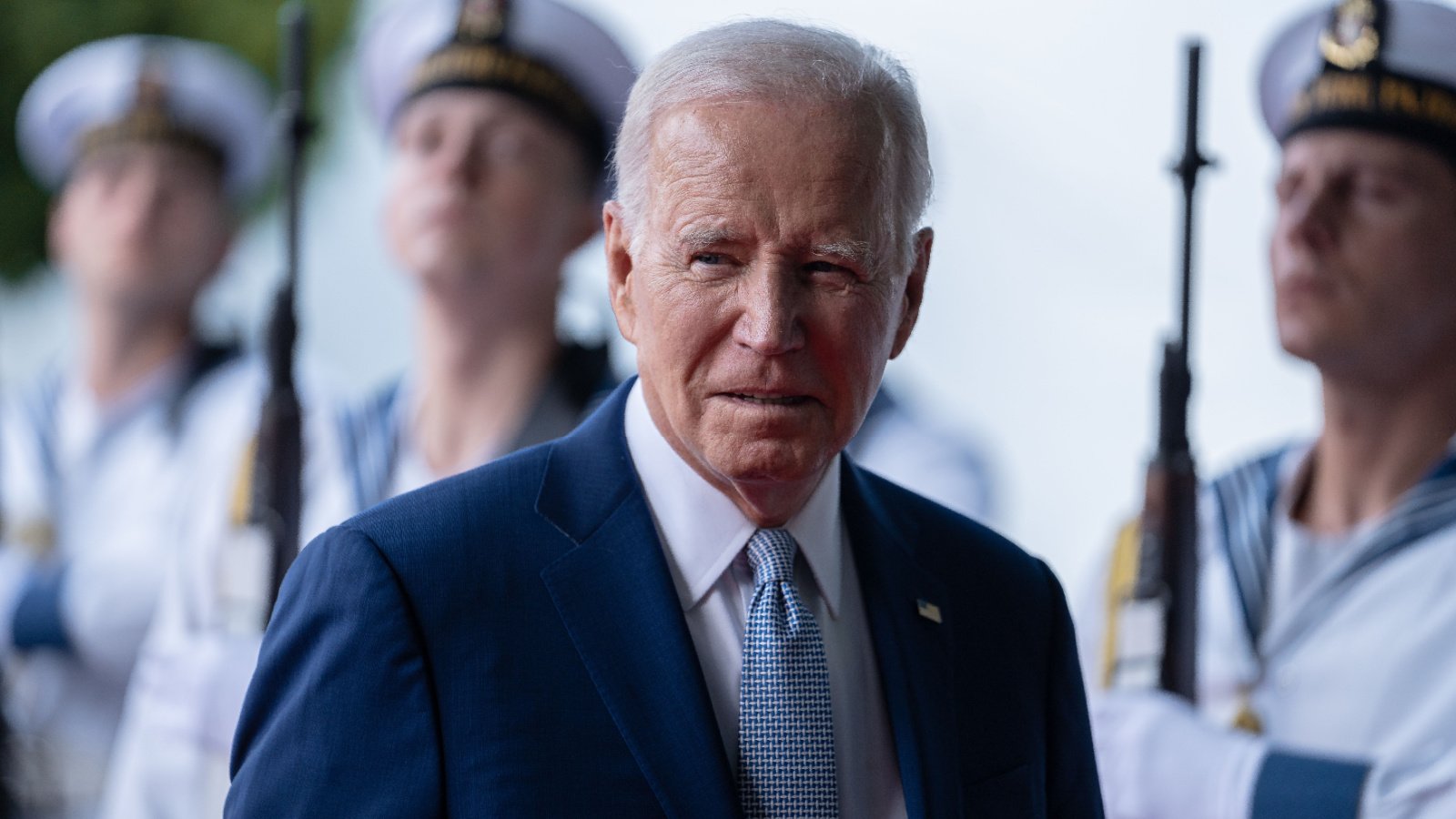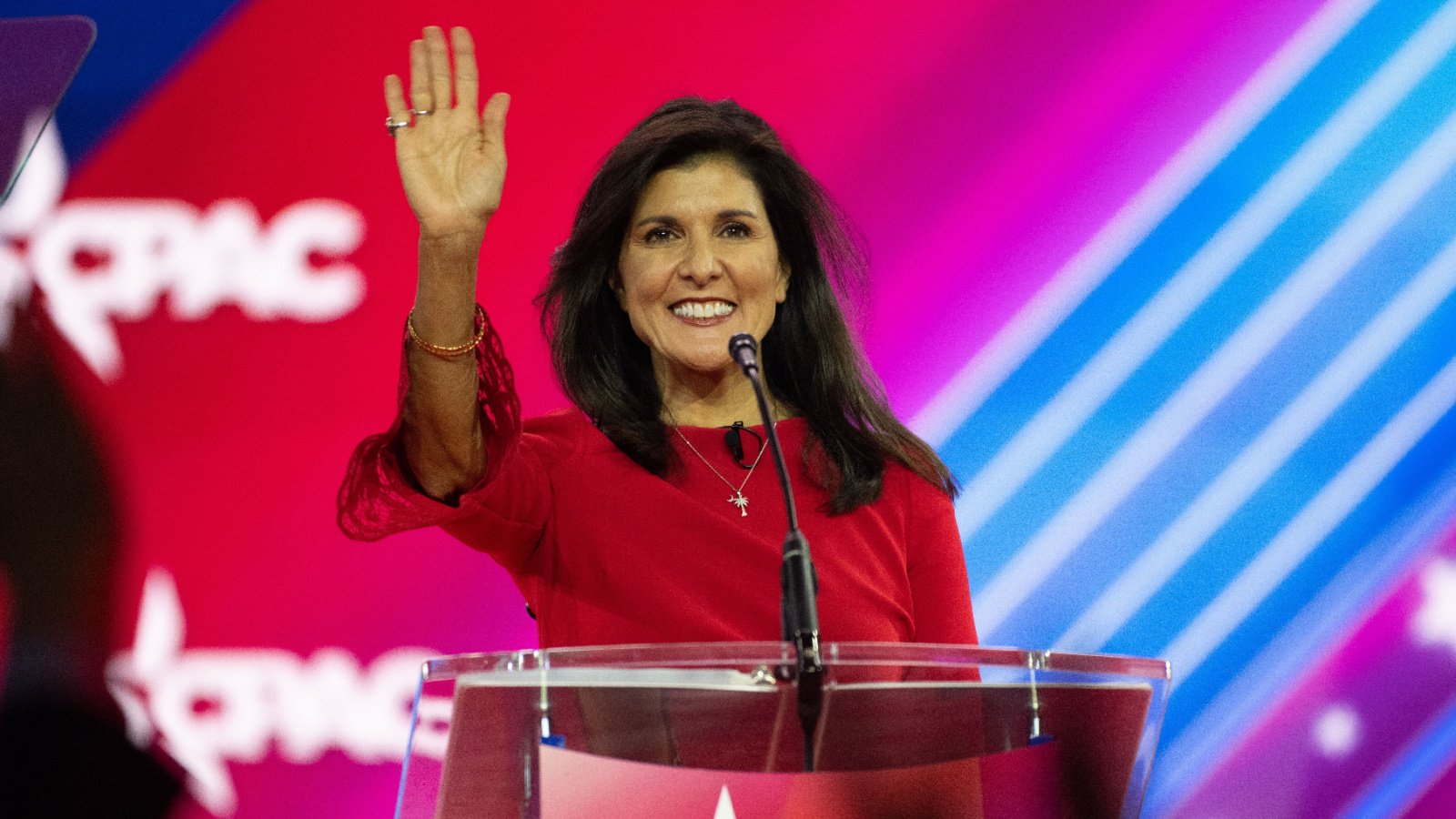A coalition of over 20 progressive groups forms to oppose pro-Israel PACs’ influence in primary challenges against liberal critics of Israel’s actions in Gaza. This response targets AIPAC’s plan to spend millions in election campaigns. The movement reflects deepening divides within the Democratic Party over U.S. foreign policy towards Israel and Palestine.
United Front Against Super PACs
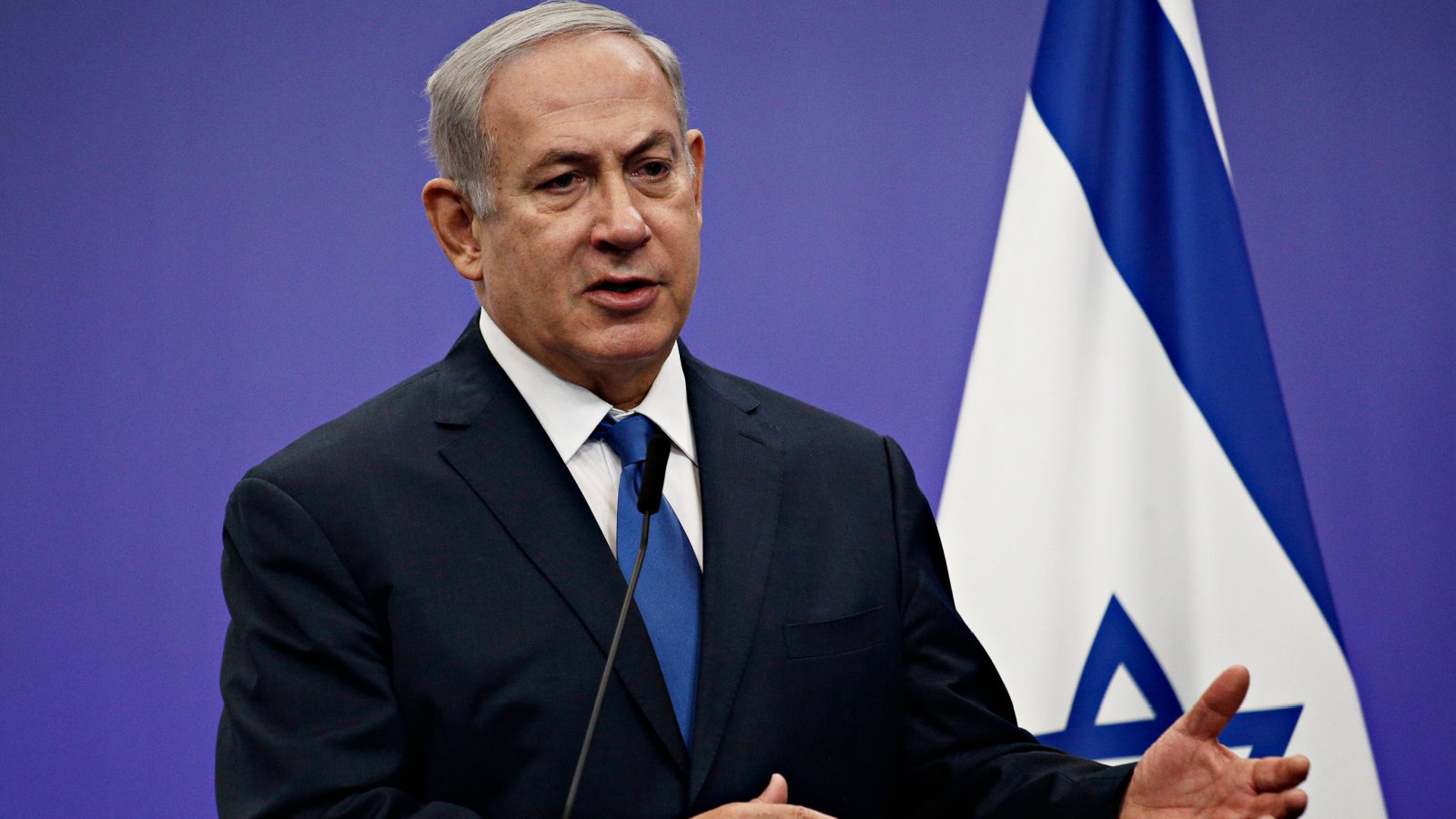
In Washington, a formidable alliance is forming as over 20 progressive organizations rally together, determined to counter the vast sums of money that pro-Israel super PACs are pouring into primary challenges against liberal critics of Israel’s actions in Gaza. Dubbed “Reject AIPAC,” this coalition unites Jewish peace groups with Arab American and Muslim organizations, all of which have been mobilizing in unprecedented numbers since the outbreak of the Israel-Hamas conflict last October.
Battle for the Ballot
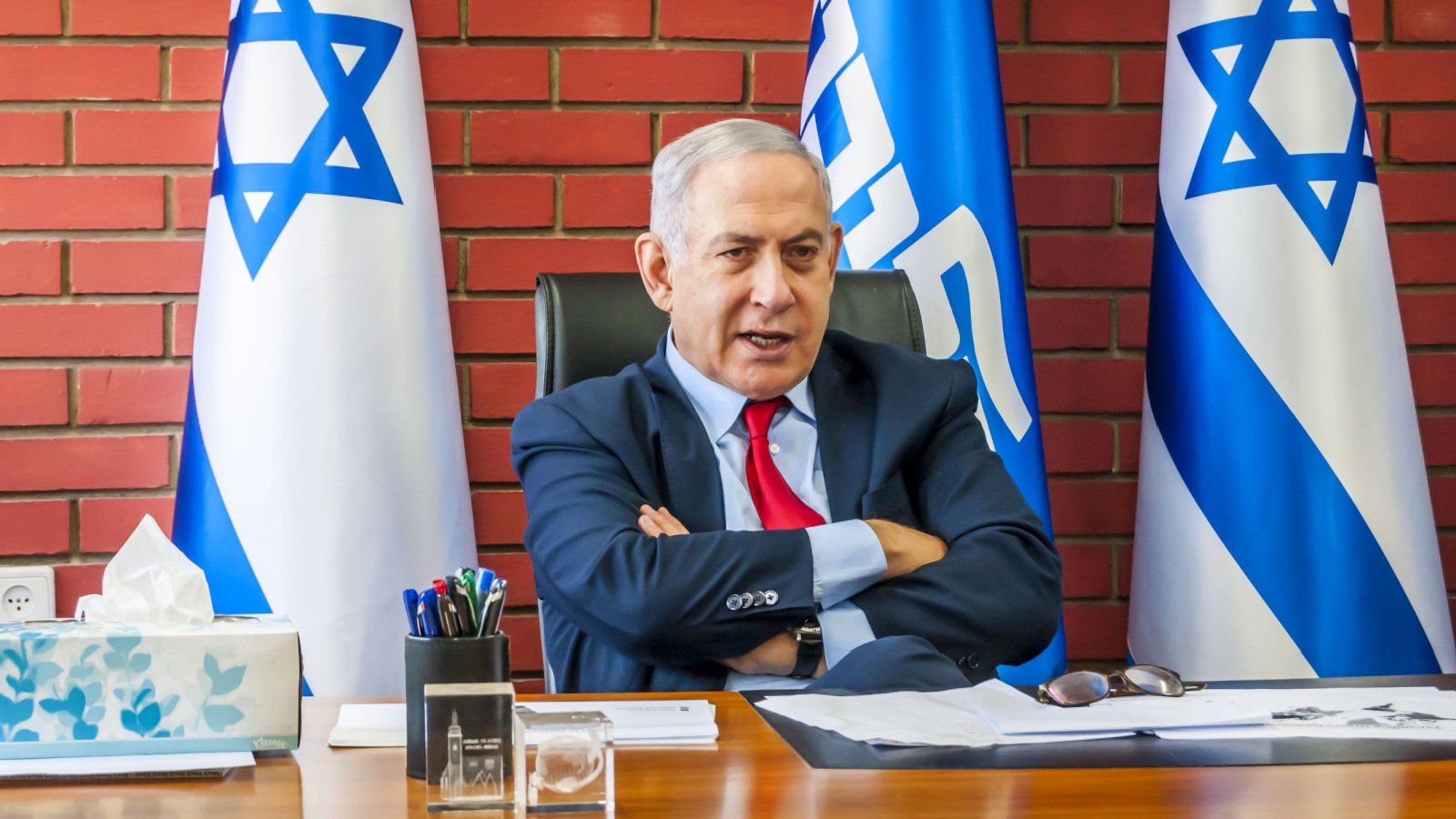
The heart of their mission is to stand against the political juggernauts like the American Israel Public Affairs Committee (AIPAC), which has declared its intention to inject tens of millions into the political arena. This financial behemoth aims to topple Democratic members of the “squad” through both primary and general elections, transforming these typically secure Democratic seats into fiercely contested battlegrounds.
Defending Democracy’s Diversity

Justice Democrats’ spokesperson, Usamah Andrabi, highlights the precarious position of several Black and brown progressive incumbents facing the looming threat of a $100 million campaign onslaught. Unlike the usual uproar from Democratic leadership against primary challenges to incumbents, the response here seems tepid, prompting these groups to band together. Their goal is clear: to arm these progressives with the necessary resources to defend themselves against AIPAC’s aggressive campaign tactics.
Grassroots Gather Momentum
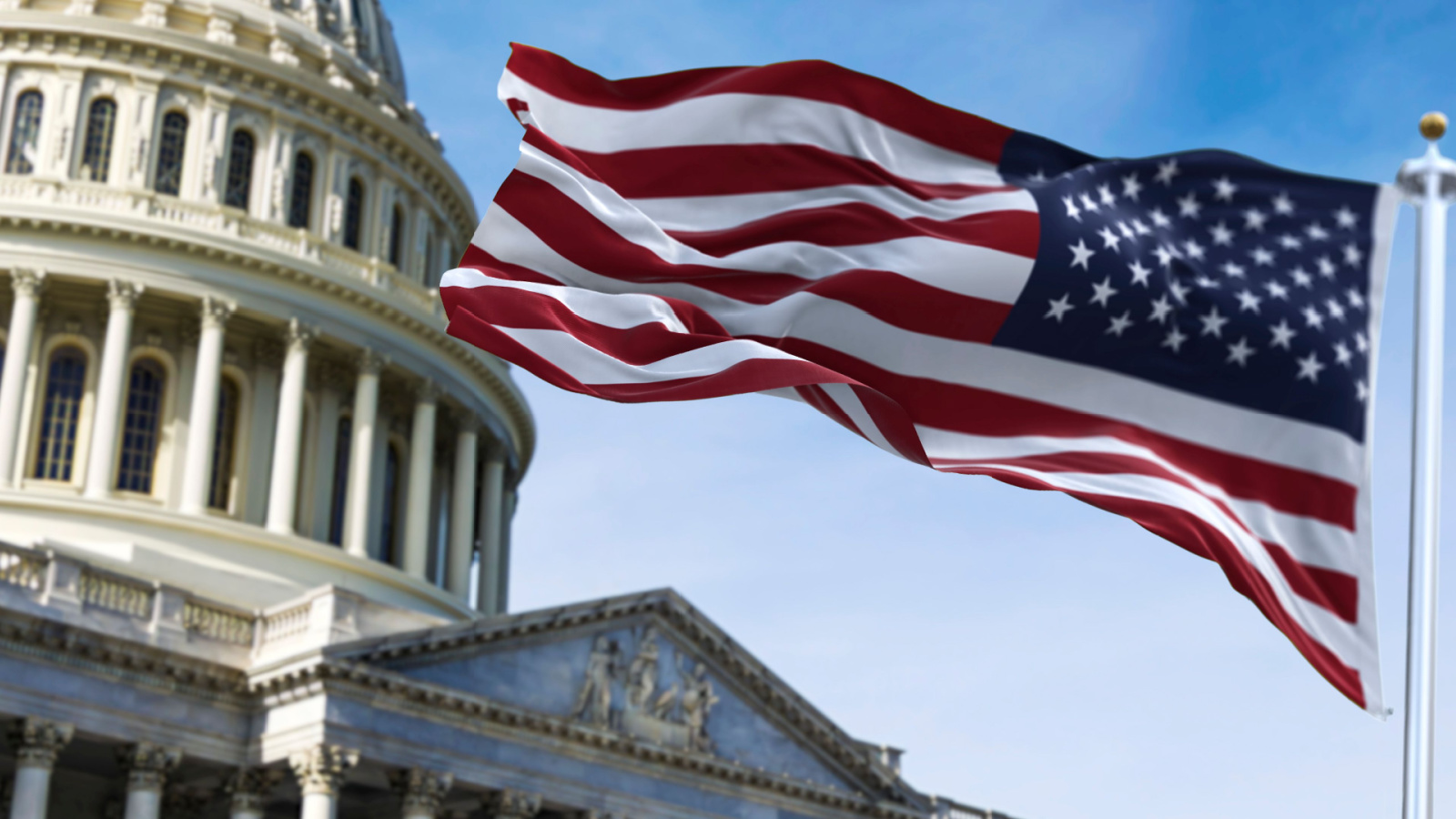
The coalition’s strategy is bold and ambitious, weaving together grassroots organizations in a united front behind a multimillion-dollar “electoral defense campaign.” Their aim stretches beyond mere defense; they seek to spotlight AIPAC’s deviation from core Democratic values, rallying support for Congress members targeted by the committee.
Standing with Progressive Values
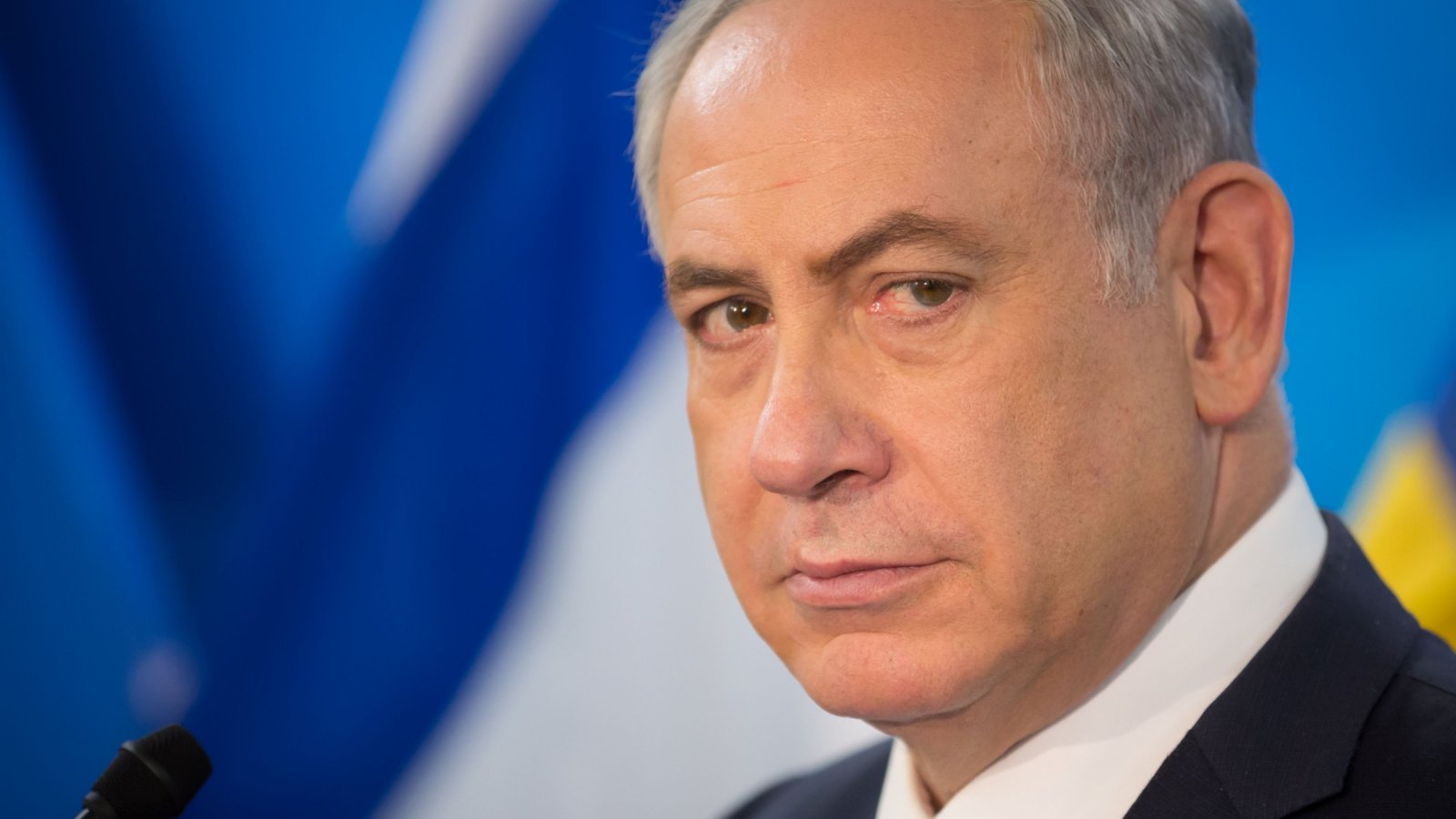
Despite AIPAC’s assertion that its support for the Jewish state aligns with progressive values, the coalition remains steadfast in its opposition. Their campaign not only backs pro-Palestinian members and candidates but also aims to shine a light on national polling data. This data illustrates a significant alignment among Democratic voters with their perspective, especially on the need for a Gaza ceasefire and conditions on U.S. aid to Israel amidst escalating civilian casualties.
Humanitarian Crisis Intensifies

Israel’s rigorous military campaign has led to dire consequences, displacing a vast majority of Palestinians from their homes and pushing a significant portion of the population to the brink of starvation. The conflict was ignited on Oct. 7 by a deadly Hamas attack, resulting in the loss of approximately 1,200 lives, predominantly civilians, and the capture of around 250 hostages.
Political Rifts Exposed

The ongoing war has exacerbated the existing divide among Democrats in Congress, with the issue becoming so sensitive that some AIPAC-aligned lawmakers prefer silence over public discourse. In a bold move, a newly formed coalition is attempting to lay these divisions bare. They demand that affiliated candidates and members renounce campaign donations from influential groups like AIPAC, marking a clear stance against the organization’s significant influence.
A Shift in Strategy
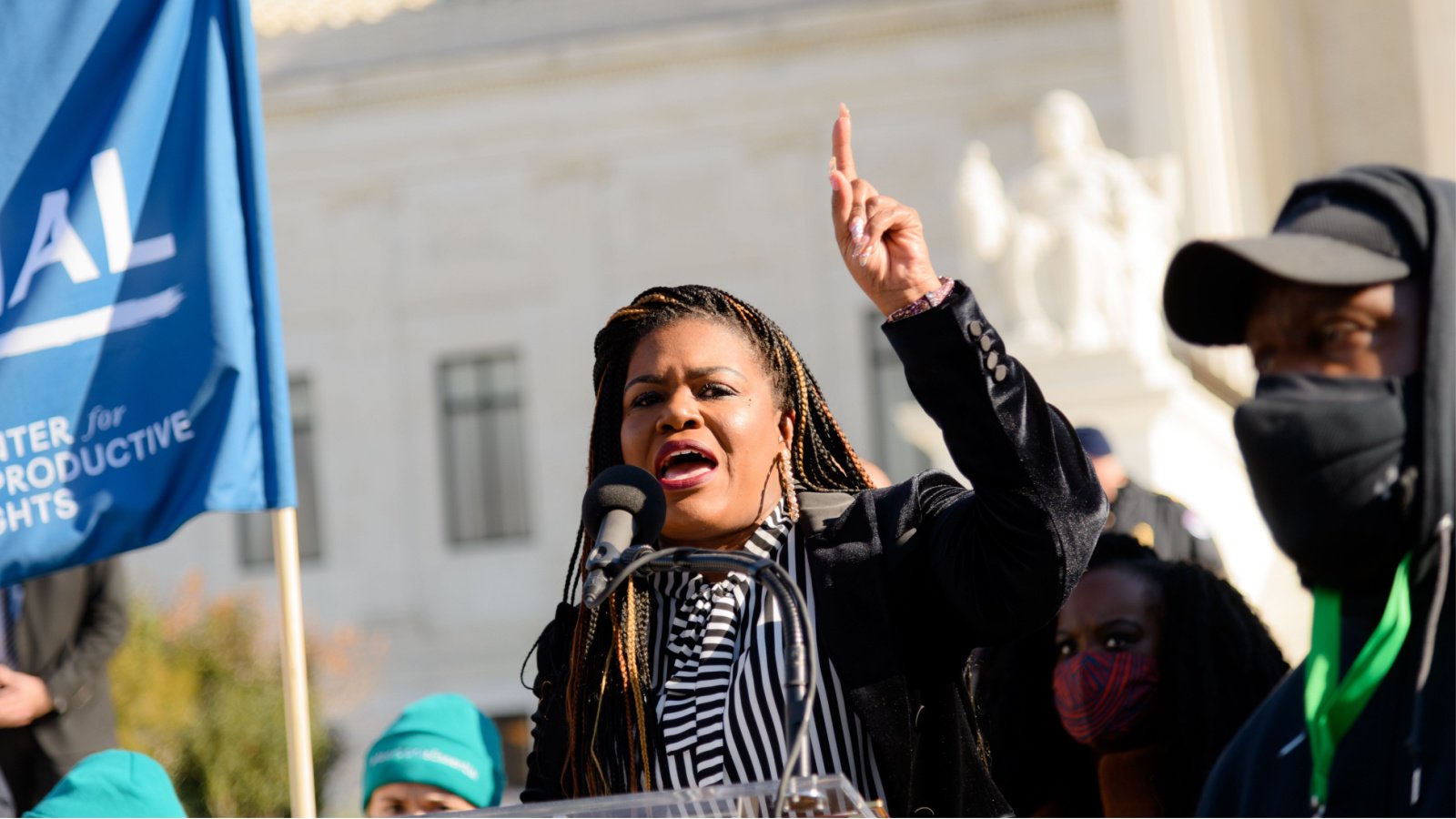
AIPAC’s recent transformation from a purely lobbying entity to one actively involved in shaping the political landscape signifies a strategic pivot. By targeting Democratic primaries, AIPAC aims to bolster centrist, pro-Israel Democrats, marking a significant shift in its approach since 2022. This change has seen AIPAC and its allies supporting candidates opposed to members of the “squad” who advocate for a ceasefire and an end to U.S. aid to Israel, including Jamaal Bowman, Ilhan Omar, Summer Lee, and Cori Bush.
The Financial Battlefront
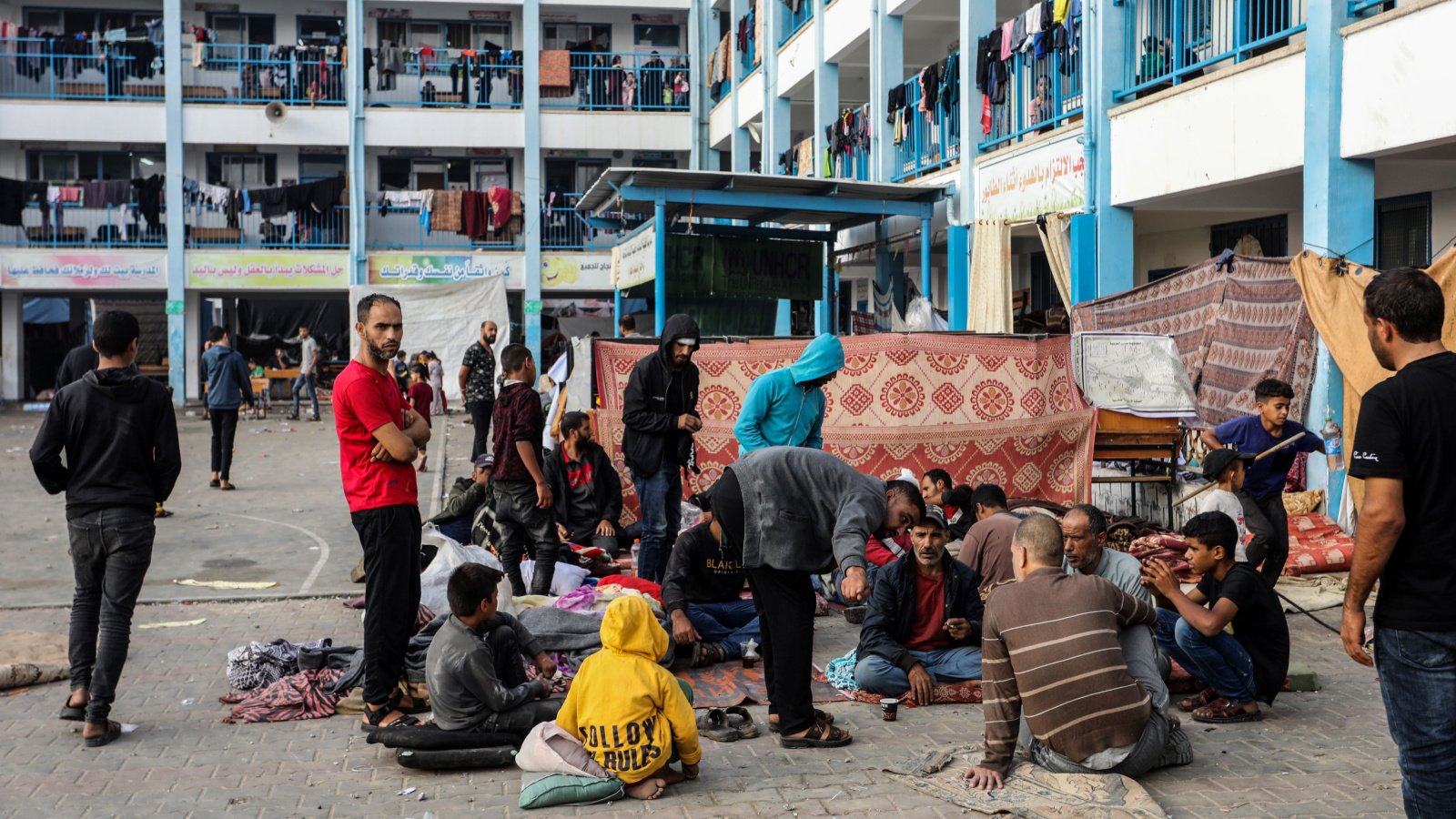
In the 2022 electoral cycle, AIPAC’s financial commitment to defeating progressive candidates was substantial, with expenditures reaching around $27 million. Looking ahead, the organization’s budget is anticipated to more than double, signaling an intensification of its campaign efforts. Despite this financial imbalance, Andrabi acknowledges the challenge, comparing it to a “David vs. Goliath” battle, yet remains committed to confronting AIPAC’s influence through organized, strategic action.
Grassroots Mobilization

The recognition of the financial disparity between grassroots movements and well-funded PACs like AIPAC has sparked a wave of innovation within these smaller groups. They’re doubling down on grassroots mobilization, leveraging social media, and community outreach to compensate for their lack of financial firepower. This digital-first approach aims to engage younger voters and those disillusioned with traditional political mechanisms, highlighting the power of collective action over monetary influence.
Bridging the Divide
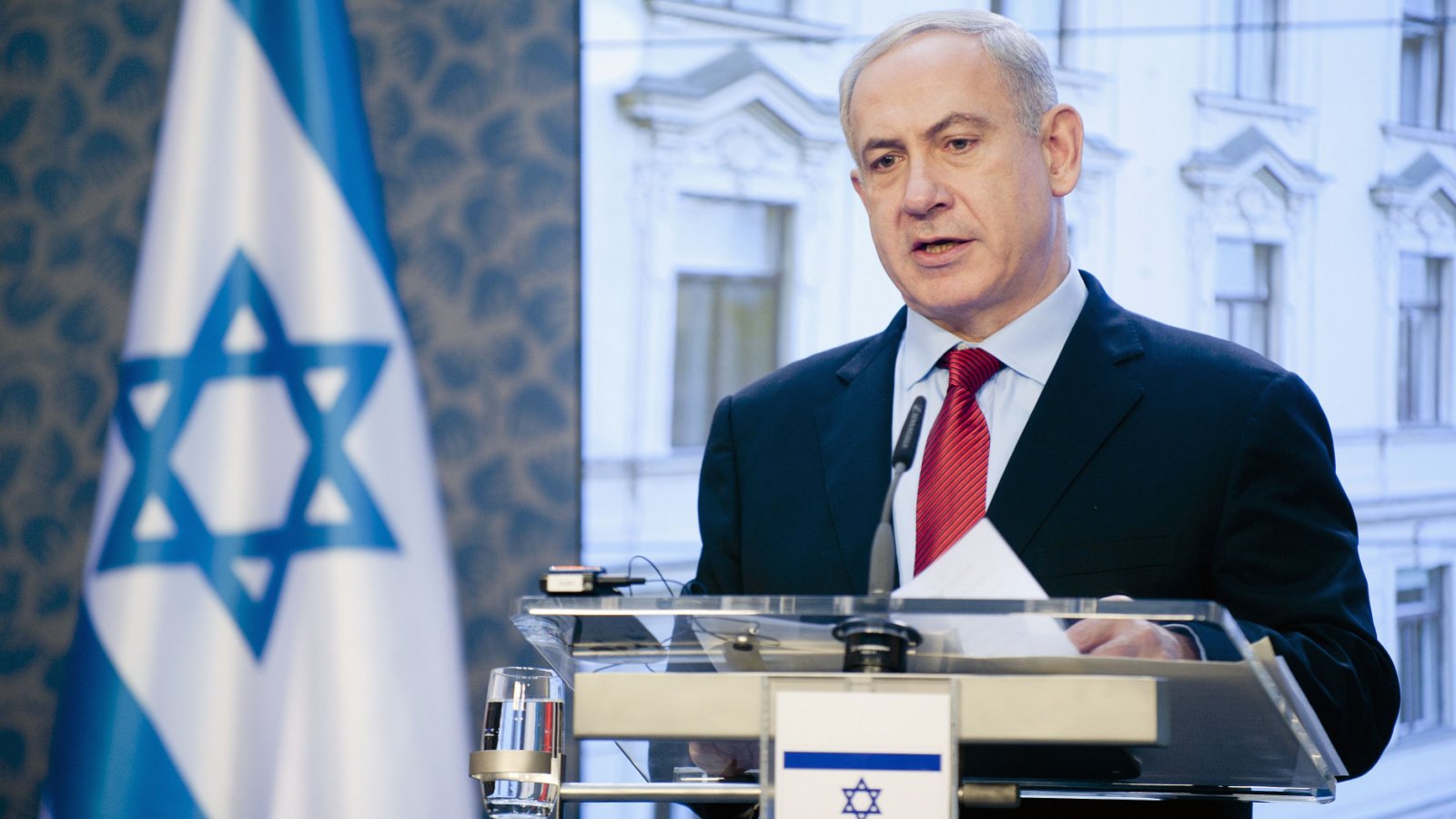
The division within the Democratic Party over Israel and Palestine is not just a matter of foreign policy but also reflects deeper ideological rifts concerning human rights, international law, and the role of the United States on the world stage. By challenging the financial influence of groups like AIPAC, the coalition hopes to initiate a broader conversation about these fundamental principles and the future direction of the party.
Expanding the Conversation
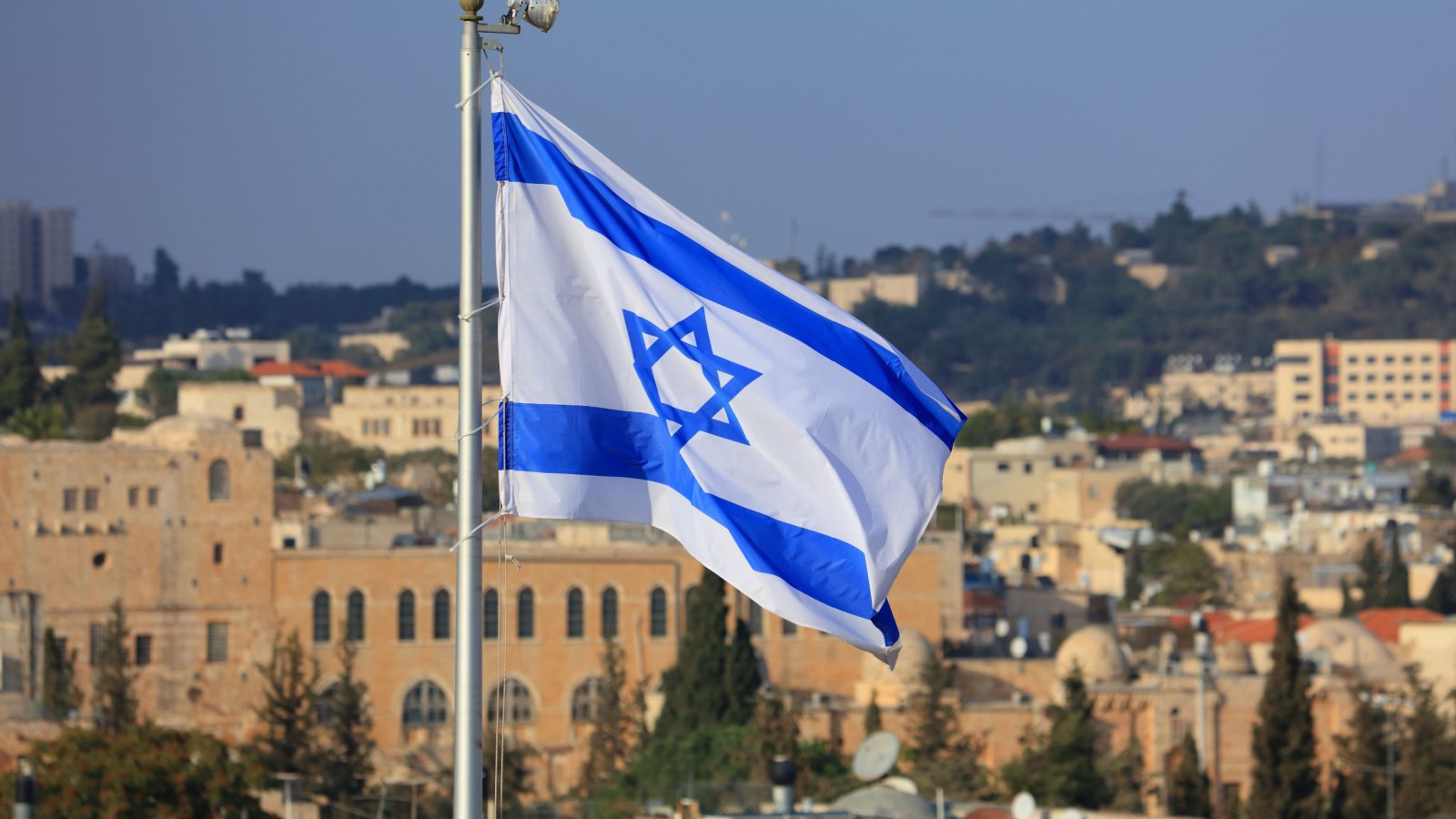
The conflict and the subsequent political maneuvering in the United States have also amplified voices from within the Jewish community that are critical of Israel’s policies. Organizations like Jewish Voice for Peace have become more prominent, advocating for a more nuanced approach to understanding the Israel-Palestine conflict. This diversification of viewpoints contributes to a more inclusive discussion that transcends simplistic binaries.
International Perspectives
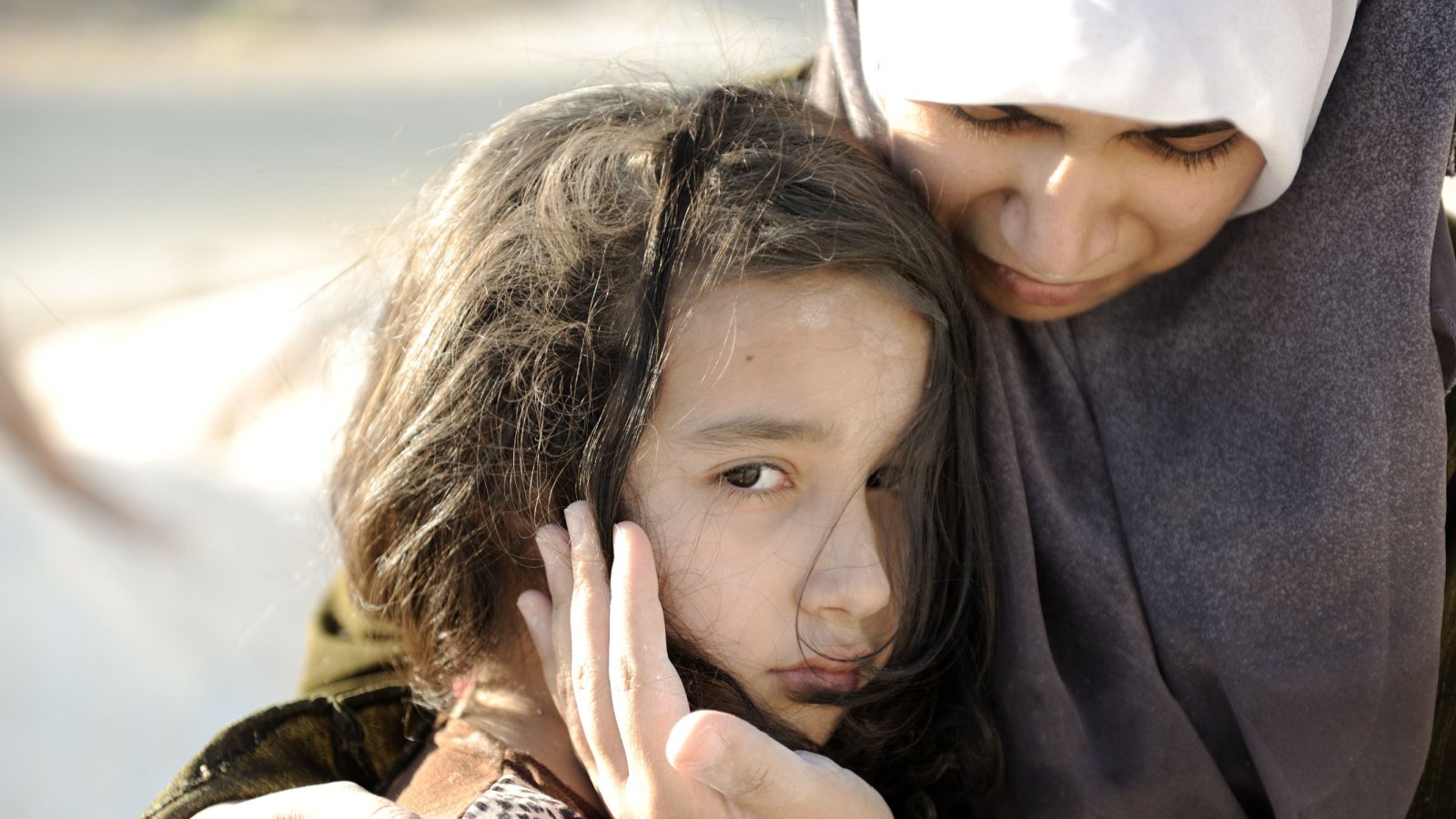
The global reaction to the conflict and the U.S.’s role within it has underscored the importance of international opinion in shaping domestic policy debates. With increasing scrutiny from international allies and human rights organizations, there’s a growing pressure on U.S. politicians to reconsider their stances and the implications of their support for either side of the conflict. This external perspective offers a reminder of the interconnectedness of domestic policies and global perceptions.
Looking Ahead

As the next election cycle approaches, the strategies employed by both grassroots coalitions and powerful PACs like AIPAC will be closely watched. The outcomes of these political battles may well redefine the parameters of debate within the Democratic Party and potentially alter the U.S.’s approach to foreign policy in the Middle East. Whatever the result, the current conflict has sparked a renewed interest in political activism, with implications that will extend far beyond the immediate issue of U.S. aid to Israel.



